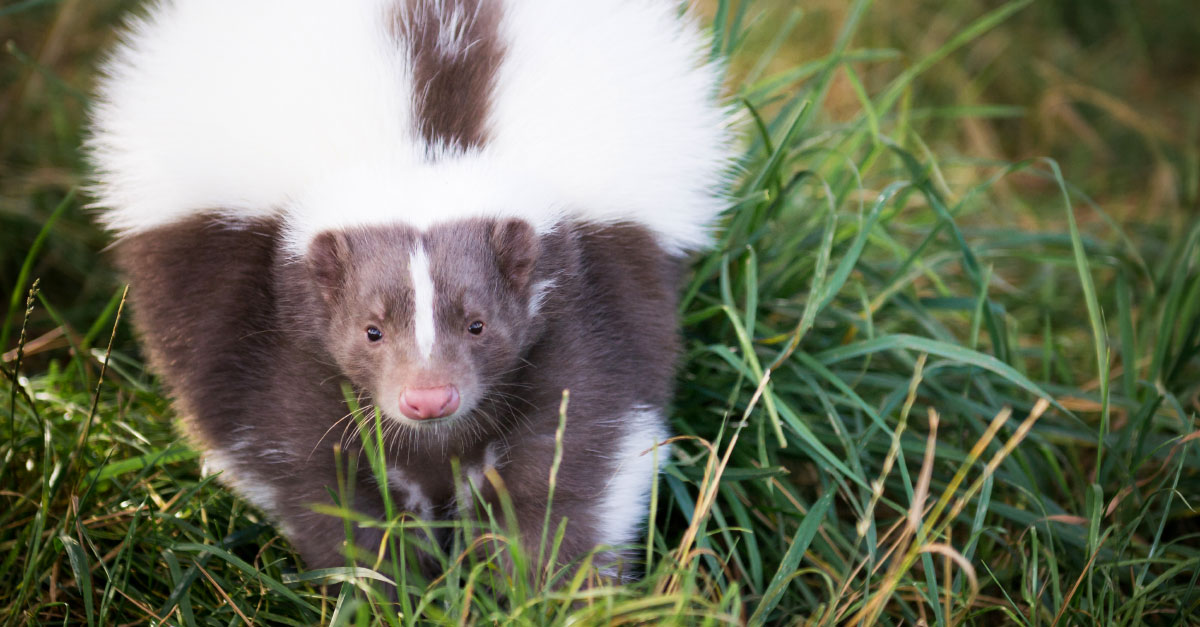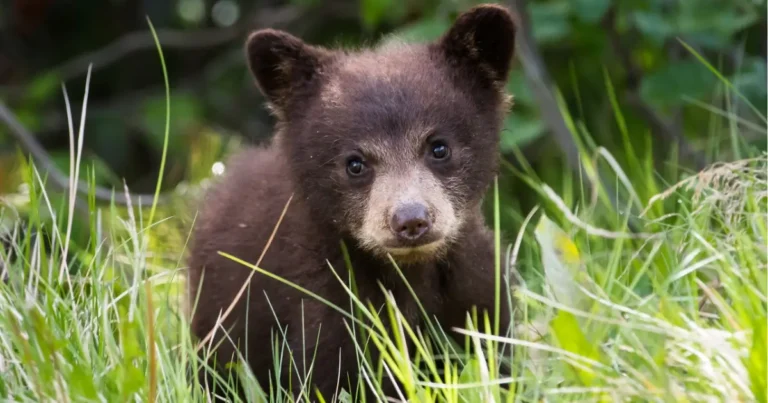
It isn’t a Canadian summer if you don’t spend at least one day sitting on a dock or in a backyard with family, friends, cold drinks, and good food. But even when we’re responsible and make sure we don’t litter, some common products used during our outdoor summer celebrations can end up hurting the wildlife with whom we share our communities.
By avoiding these three products, you can make a big difference in the lives of animals now, and long into the future:
- Plastic bags. The ecological tradeoff for the convenience of plastic bags is well documented, and around the world people are trying to use fewer bags as disturbing images of them killing animals and birds appear regularly. But did you know plastic bags can also impact ecosystems at the most basic level? One study found that areas where plastic (and biodegradable) bags were pinned to the bottom of a marsh had only 1/6th the organisms as control areas – a disturbing revelation. Solution: most grocery stores sell reusable bags made from recycled materials.
- Dome lids. The plastic spherical lids used for cold drinks from many coffee and fast food outlets are a major problem for fur-bearers, especially skunks. The critters will stick their head through the opening looking for a treat and, due to their conical-shaped skulls and narrow necks, quickly become stuck. This can lead to major injuries, and if a rescue agency is unable to intervene, a slow, painful death. Solution: bring your own, reusable container, and if you aren’t able to avoid the dome lid, cut it open before throwing it in the garbage or recycling it so animals can’t get stuck.
- Straws. The innocuous plastic bits that come on juice boxes or with mixed drinks (and are sold in bulk everywhere) are becoming a massive problem for animals. A recent Washington Post article noted that “The slightest wind lifts plastic straws from dinner tables, picnic blankets and trash dumps, depositing them far and wide, including in rivers and oceans, where animals often mistake them for food.” They also quoted an advocacy group, Be Straw Free, that claims Americans use 500,000,000 straws per day, enough to wrap around the Earth 2 ½ times. Solution: ask your server to hold the straw when you order, or buy your own reusable straws.
Making change of significance for wildlife and the world can be as simple as changing a drink order. But it starts with education. Thank you for sharing this blog to help more people learn how to make simple changes!
